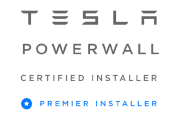As we move into 2023, homeowners and businesses may wonder if it is still a good time to get solar energy. The current solar market has seen significant growth and development in recent years, making solar panels more accessible and affordable than ever before.
With various financial incentives, technological advances, and a growing emphasis on renewable energy sources, it is worth exploring the advantages and practical implications of going solar in 2023.
One of the major factors driving the adoption of solar energy is the potential for significant cost savings on energy bills. As energy prices continue to rise, solar panels offer a viable alternative by generating electricity from a renewable and abundant source— the sun.
A well-designed solar system can help homeowners and businesses achieve energy independence, reduce their carbon footprint, and maintain a stable energy budget.
Furthermore, recent advancements in solar technology have resulted in panels with improved efficiency and reduced overall costs, making solar energy more attractive to a broader range of consumers. Additionally, environmental policies and government incentives, such as federal tax credits, are encouraging the expansion of renewable energy sources, further contributing to the feasibility and growth of the solar market.
Key Takeaways
- Solar energy offers significant cost savings and energy independence.
- Technological advancements make solar systems more efficient and affordable.
- Government incentives and environmental policies support the growth of renewable energy sources like solar.
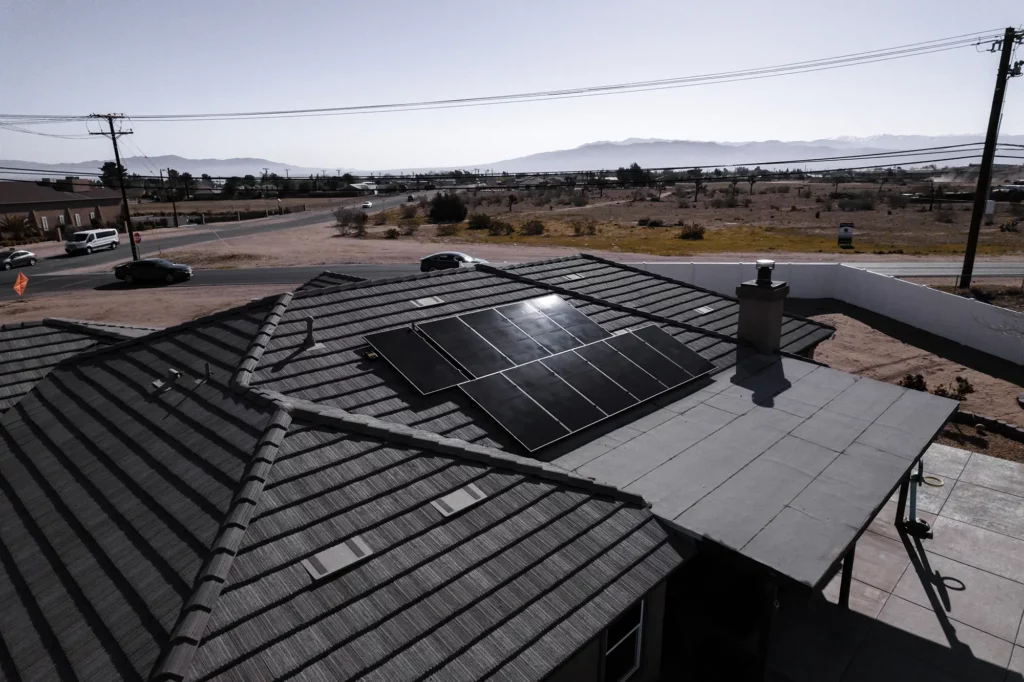
Current Solar Market
Global Perspective
The solar industry has been experiencing rapid growth on a global scale. In 2023, it is still considered a good time to invest in solar energy solutions. The U.S. solar industry expects to add a record 32 gigawatts (GW) of new capacity in 2023, a 52% increase from 2022. This increase reflects a global trend as more countries are shifting towards renewable energy sources to combat climate change and reduce energy costs.
- Growing demand: The demand for solar energy is rising, primarily due to its environmental benefits, lower energy costs, and increasing acceptance of green technologies among consumers. Governments worldwide also prioritize renewable energy resources to achieve energy independence and reduce emissions.
- Technological advancements: Rapid advancements in solar technology drive the industry forward. Improvements in photovoltaic cell efficiency and the development of newer materials are making it easier and more cost-effective for homeowners and businesses to harness solar energy.
- Favorable policies: Various governments are enacting policies that incentivize solar installations through subsidies, tax benefits, and other financial incentives. These supportive policies influence the solar market, making it an attractive investment in 2023.
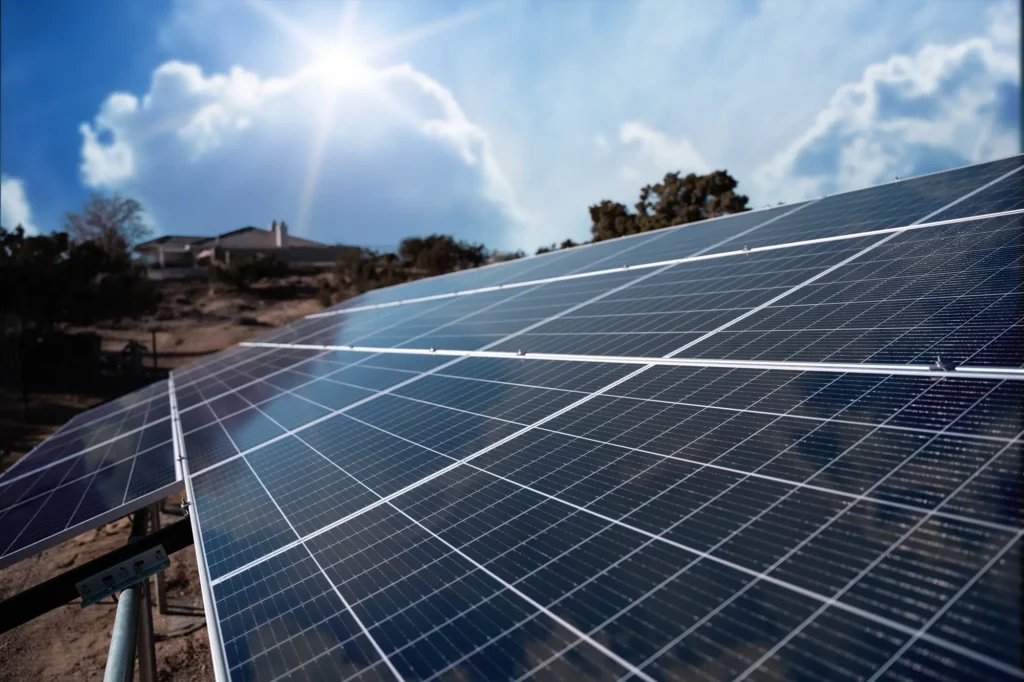
National Perspective
Focusing on the U.S., several factors suggest that 2023 is still a good time for solar installations:
- Federal tax credit: The federal solar investment tax credit (ITC) allows homeowners and businesses to receive tax deductions for installing solar panels. Though the credit percentage has decreased over the years, it still plays a significant role in making solar installations more affordable for American consumers.
- State-level incentives: Many states in the U.S. offer their own solar incentives to encourage adoption. These incentives can take the form of rebates, property tax exemptions, and net metering policies, making it more financially appealing to invest in solar installations. For example, California has SGIP program support for local families with backup battery incentives.
- Utility-scale projects: In the first quarter of 2023, the U.S. solar market installed 6.1 GW of capacity, a 47% increase from Q1 2022 and a 19% decrease from Q4 2022. This growth was primarily led by delayed utility-scale solar projects coming online, which contributed to the overall market expansion.
However, it is essential to note that some changes and challenges may impact the solar industry in 2023:
- Tariffs and trade disputes: Tariffs on solar panel imports and ongoing trade disputes can lead to increased installation costs, affecting the overall attractiveness of solar investments. As a potential solar energy adopter, monitoring these developments and assessing their potential impact on solar costs is essential.
- Net metering policy changes: California's new NEM 3.0 policy has decreased benefits for exported solar production, which could impact other states' future net metering policies. Carefully considering how policy changes could affect installation costs and payback periods is crucial when deciding to invest in solar energy.
Taking into account both the global and national perspectives, 2023 continues to be a favorable time for investing in solar energy. However, it is important to stay informed about policy changes and economic factors that may influence the solar market dynamics.
Financial Considerations
Upfront Costs While You Get Solar
So, how much do solar panels cost? In 2023, it remains essential to consider the initial costs involved with adopting solar energy for your home. According to a poll of 1,500 homeowners with solar, most respondents reported paying between $18,000 and $25,000 for their system. These upfront costs often depend on factors such as your location, system size, and the complexity of the installation.
Though the initial investment might seem high, weighing these expenses against the long-term benefits of solar energy is crucial. Some homeowners finance their solar systems through loans, leases, or power purchase agreements to spread the costs over time and make them more affordable.
Return on Investment
When considering solar power in 2023 for your home, it's important to analyze the return on investment (ROI) you can expect from your system. When comparing solar energy to traditional utilities, many homeowners find solar systems cost-effective in the long run.
Factors that contribute to solar system ROI (return on investment) include your typical home energy consumption, local utility rates, available financing and incentive options, and the efficiency of your chosen solar equipment.
An increase in utility rates, such as the one experienced by Southern California Edison customers, can also contribute to the potential savings provided by solar energy. By generating your power through a solar system, you can potentially offset these rate increases and save money on your electricity bills.
Government Incentives
In addition to the potential savings on your electricity bills, government incentives remain important when considering solar energy in 2023. The federal solar tax credit is a significant incentive to help reduce the initial solar energy system costs. With the passage of the Inflation Reduction Act in August 2022, this tax credit now covers 30% of a solar system's cost.
Other local and state incentives may also be available, depending on your location. These incentives can help further reduce the costs associated with adopting solar energy, making it more appealing from a financial standpoint.
In short, while the upfront costs of installing a solar system in 2023 might be significant, it's important to consider the potential return on investment and available government incentives when determining whether it's still a good time to go solar. By comparing these factors and weighing the benefits against the initial costs, homeowners can decide to install solar energy for their houses.
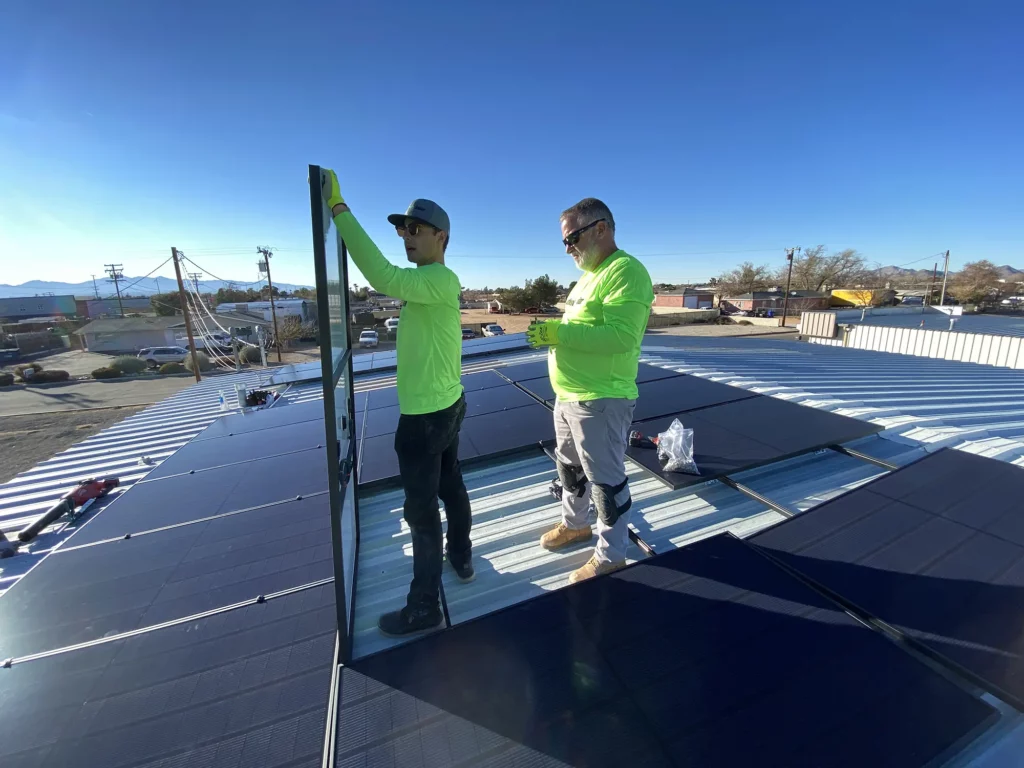
Technological Advances
Improvements in Efficiency
In recent years, the solar industry has seen significant advancements in the efficiency of solar power cells. These developments have led to the breaking of a key energy threshold, with solar power cells achieving over 22% energy efficiency in some cases. Such milestones are the result of continuous research and development efforts from various organizations across the world.
Greater efficiency in solar power cells translates to more electricity generation per square meter of solar panel area. As a result, homeowners and businesses can benefit from higher energy yields and a faster return on investment when installing solar systems. Advancements in efficiency also open up opportunities for solar installations in space-constrained areas, further spreading the adoption of clean, renewable solar energy.
Development of Solar Storage
Another factor in the continued growth of solar power is the development of solar storage technologies. Solar storage systems, such as home solar backup batteries, provide increased reliability and flexibility by storing excess solar energy generated during the day for use during periods with little or no sunlight (e.g., night-time and cloudy days).
Solar battery systems for homes and families have become increasingly popular in recent years, providing a cost-effective energy solution in combination with solar panel systems. These storage solutions enable solar energy users to become less reliant on grid electricity and reduce their energy bills further.
Also, advancements in solar storage technology have resulted in higher capacities, longer lifespans, and faster charging times for these batteries. As solar storage becomes more efficient and cost-effective, it helps drive further adoption of solar power among homeowners and businesses.
Technological advances in efficiency and solar storage have significantly contributed to the continued growth and adoption of solar energy in 2023. It remains an opportune time for homeowners and businesses to consider solar power a viable and sustainable energy alternative.
Practical Implications
In this section, we will discuss some of the important practical implications of going solar in 2023, including the increase in property value, the benefits of energy independence, and the reduction in carbon footprint.
Property Value Increase
Investing in a solar energy system can significantly increase the value of your property. As solar panels become more efficient and affordable, the demand for solar-powered homes has increased. According to a 2021 study, the cost of solar panels has decreased by more than 82% since 2010, making them more accessible to homeowners. This increased demand has resulted in higher property values for homes equipped with solar panels.
Moreover, with the incentives and tax credits available in 2023, such as the 30% federal solar tax credit, going solar is financially advantageous for homeowners. Such incentives further increase property value and provide a better return on investment (ROI) to the homeowner.
Energy Independence
Going solar allows homeowners to achieve energy independence by reducing reliance on traditional energy sources. Homeowners can secure a stable and predictable energy supply by generating electricity from the sun. Solar energy serves as a hedge against rising energy costs and fluctuations in the energy market, providing more financial stability and control over energy expenditure.
The reliance on solar energy helps reduce the demand for non-renewable energy sources such as coal, oil, and natural gas. This lessens the burden on the grid and the nation's dependence on foreign energy sources, contributing to overall energy security.
Benefits of energy independence:
- Reduced energy bills
- Protection against rising energy costs
- More control over personal energy usage
- Contribution to national energy security
Carbon Footprint Reduction
One of the most significant environmental benefits of going solar is the substantial reduction in carbon footprint. By switching to clean and renewable solar energy, homeowners can contribute to reducing greenhouse gas emissions and combating climate change. The National Renewable Energy Lab (NREL) states that solar power effectively mitigates the harmful environmental impact of traditional energy sources.
Solar energy systems do not produce air pollution or emissions and have minimal impact on local ecosystems. Additionally, they can provide a consistent energy supply without depleting finite natural resources or contributing to global warming. By reducing carbon emissions, going solar positively impacts public health, air quality, and overall environmental preservation.
Key factors in reducing carbon footprint with solar energy:
- Elimination of greenhouse gas emissions from traditional energy sources
- Preservation of finite natural resources and reduced ecological impact
- Improved air quality and public health
- Active contribution to global climate change mitigation
So, as you see, going solar in 2023 provides several practical benefits, including increased property value, energy independence, and reducing one's carbon footprint. So don’t wait, and give us a call for professional advice with Option One Solar.
Option One Solar serve customer from the beginning with the licensed energy expert team and to the final step to switch on your solar energy system. After that, customers can enjoy the next 25 years of full-service coverage service with Option One Solar.
Read More:
Pros and Cons of Solar Battery Storage 2023
Solar Carport: Maximize Your Solar Energy Potential
Frequently Asked Questions
Why should someone choose solar energy in 2023?
There are several reasons to consider going solar in 2023, including financial and environmental benefits. First, solar energy helps homeowners save money on their electricity bills by generating clean, renewable energy. Solar panels can also increase property values, making them a sound investment for homeowners. In addition to the financial benefits, solar energy is environmentally friendly, reducing a household's carbon footprint and contributing to a greener future.
Furthermore, various incentives and rebates available in 2023 can offset the costs of installing a solar energy system. For example, the Federal Investment Tax Credit (ITC) allows homeowners to claim a percentage of their solar installation costs as a tax credit, reducing the overall cost of going solar.
What's the solar panel price trend for 2023?
Solar panel prices have been steadily declining over the years, making it a more attractive option for homeowners. This trend is expected to continue in 2023, driven by technological advancements and increased adoption of solar energy worldwide. As demand for solar panels grows and manufacturing capabilities improve, it is likely that solar panel prices will continue to decrease, making solar energy increasingly affordable and accessible.
How to calculate solar savings in 2023?
Calculating solar savings requires taking several factors into account, including the cost of the solar panel system, energy production, electricity rates, and any available incentives and rebates. In general, solar energy savings can be calculated by comparing the cost of electricity produced by the solar panels with the cost of electricity from the grid.
To determine the energy production of a solar panel system, homeowners can refer to their system's output specifications and consider factors such as system size, installation location, and local weather conditions. Once the energy production is calculated, homeowners can compare this with their current electricity rates to determine their potential savings.
When calculating potential solar savings in 2023, it's important also to factor in any incentives and rebates, such as the Federal Investment Tax Credit (ITC), which can significantly offset the initial investment in a solar energy system. Moreover, homeowners should account for the potential increase in property value associated with installing solar panels, as this can lead to further savings in the long run.


